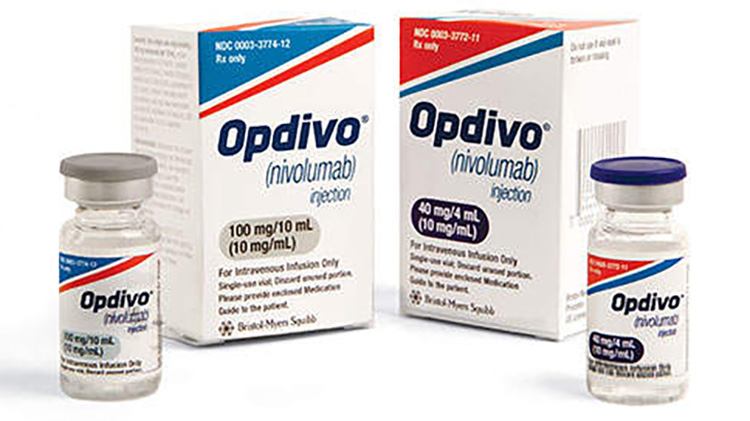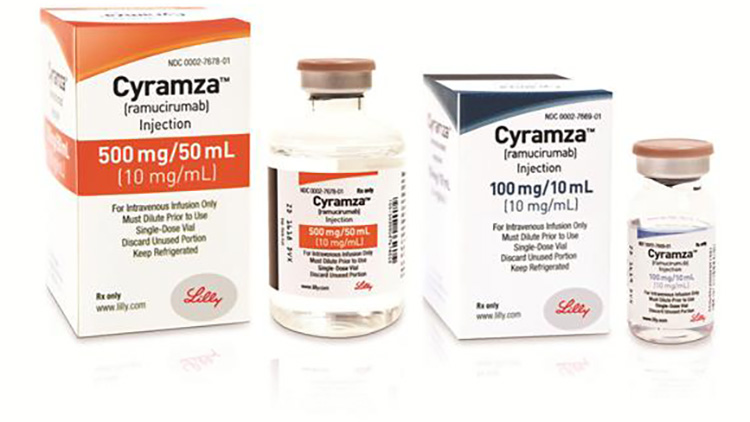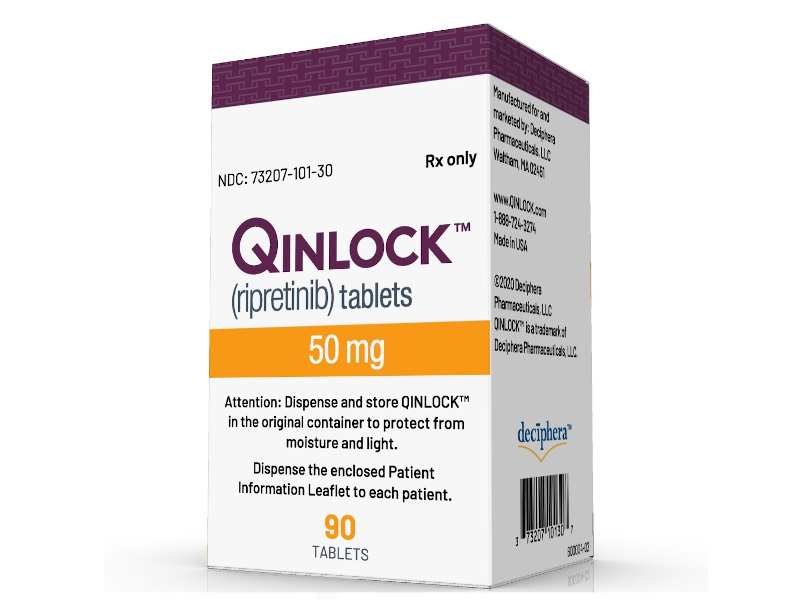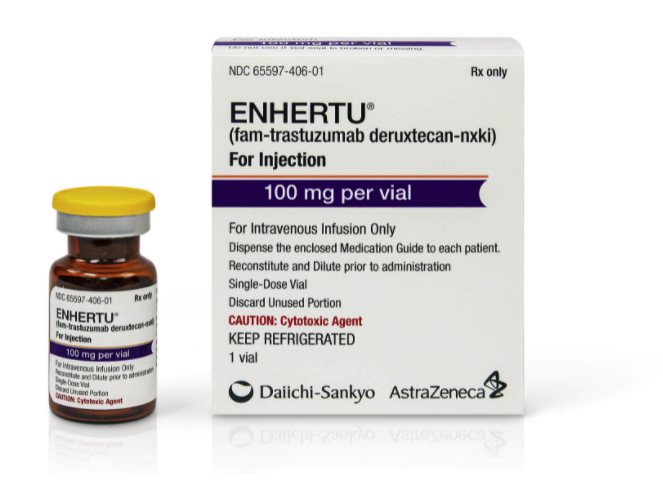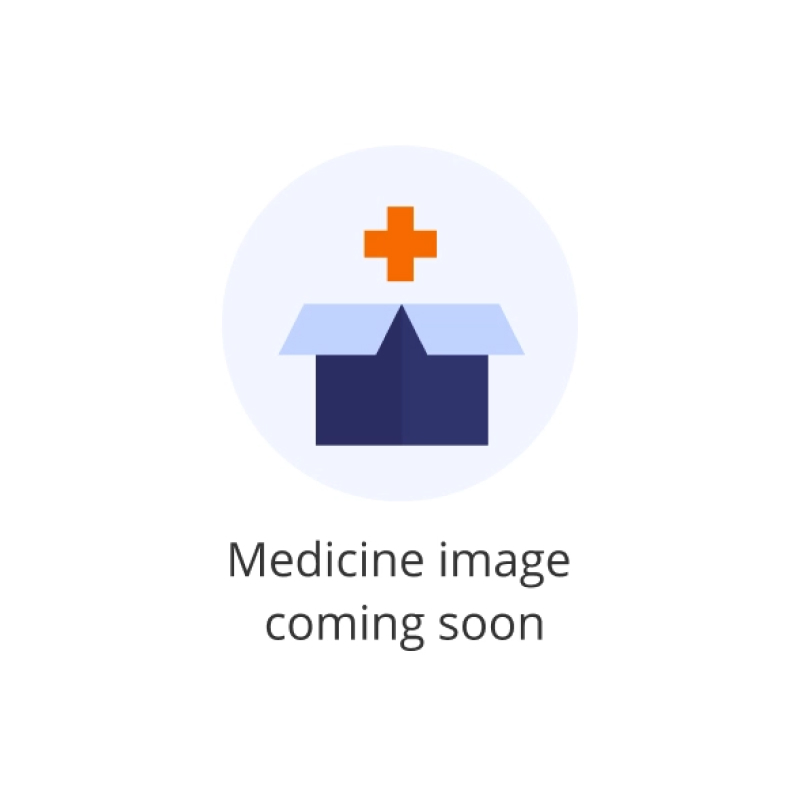New Gastric Cancer treatments 2024
New Gastric Cancer Treatments 2024
Gastric cancer, also known as stomach cancer, is a disease in which malignant (cancer) cells form in the lining of the stomach. This type of cancer can develop slowly over many years and often goes undetected because it rarely causes early symptoms. Risk factors for gastric cancer include a diet high in salty and smoked foods, a family history of the disease, smoking, and certain bacterial infections such as Helicobacter pylori. Symptoms may include indigestion, stomach discomfort, a bloated feeling after eating, mild nausea, and loss of appetite, but these can often be mistaken for common stomach ailments. Early detection is crucial, as the prognosis for gastric cancer is significantly better when diagnosed at an early stage.
Treatment options for gastric cancer depend on the stage of the disease, the location of the tumor, and the overall health of the patient. Surgery is the most common treatment for early-stage gastric cancer, aiming to remove the tumor and possibly some surrounding tissue. Chemotherapy may be used before surgery to shrink the tumor or after surgery to eliminate any remaining cancer cells. Targeted therapy drugs, which focus on specific abnormalities present within cancer cells, can also be effective in treating gastric cancer. It is important for patients to discuss with their healthcare team to understand the potential benefits and risks of each treatment option, as well as any possible side effects, to make an informed decision that aligns with their treatment goals and quality of life considerations.

Treatment options
| Treatment option | Estimated cost | Efficacy | Eligibility |
|---|---|---|---|
| Surgery | Varies widely | Can be curative for early-stage cancer | Localized gastric cancer, operable tumors |
| Chemotherapy | $1,000 - $12,000 | Varies; adjuvant chemotherapy may improve survival | Most stages, often in combination with other treatments |
| Radiation Therapy | $2,000 - $10,000 | Can improve local control of the disease | Often used for locally advanced gastric cancer |
| Targeted Therapy (e.g., Trastuzumab) | $4,000 - $10,000 | Effective in HER2-positive gastric cancer | HER2-positive gastric cancer |
| Immunotherapy (e.g., Opdivo) | $13,000 - $20,000 | Can be effective in PD-L1 positive tumors | Advanced or metastatic PD-L1 positive tumors after chemotherapy |
| Immunotherapy (e.g., Keytruda) | $10,000 - $15,000 | Effective in MSI-H or dMMR cancers | Unresectable or metastatic, MSI-H or dMMR tumors |
| Angiogenesis Inhibitor (e.g., Cyramza) | $6,000 - $12,000 | Can prolong survival in advanced gastric cancer | Advanced or metastatic gastric cancer after prior chemotherapy |
| Tyrosine Kinase Inhibitor (e.g., Qinlock) | $18,000 - $22,000 | Effective in GIST after other treatments fail | Advanced GIST with specific mutations |
| Antibody-Drug Conjugate (e.g., Enhertu) | $13,000 - $18,000 | Effective in HER2-positive gastric cancer | HER2-positive metastatic gastric cancer |
| Experimental (e.g., Jeselhy (pimitespib)) | Cost not established | Under investigation | Currently in clinical trials |
Treatments options in detail
Standard Treatment Options for Gastric Cancer
The treatment of gastric cancer typically depends on the stage of the disease, the patient's overall health, and their preferences. The most common treatments include surgery, chemotherapy, radiation therapy, targeted therapy, and immunotherapy.
Surgery
Surgery is often the first line of treatment for gastric cancer, especially if diagnosed at an early stage. Procedures may include subtotal gastrectomy, where part of the stomach is removed, or total gastrectomy, where the entire stomach is removed. Lymph nodes around the stomach may also be removed to check for the spread of cancer.
Chemotherapy
Chemotherapy uses drugs to destroy cancer cells and is commonly used before surgery (neoadjuvant chemotherapy) to shrink tumors, making them easier to remove, or after surgery (adjuvant chemotherapy) to kill any remaining cancer cells. Chemotherapy can also be used for advanced gastric cancer to relieve symptoms and extend life. Drugs such as fluorouracil, capecitabine, oxaliplatin, and cisplatin are commonly used.
Radiation Therapy
Radiation therapy uses high-energy rays to kill cancer cells. It may be used before surgery to shrink tumors or after surgery to destroy any remaining cancer cells. It can also be combined with chemotherapy (chemoradiation).
Targeted Therapy
Targeted therapy drugs act on specific molecular targets associated with cancer and can be used for advanced or metastatic gastric cancer. Trastuzumab is one such drug used for HER2-positive gastric cancer.
Immunotherapy
Immunotherapy helps the body's immune system fight cancer. Pembrolizumab (Keytruda) is an immunotherapy drug approved for advanced gastric cancer with certain characteristics, such as high levels of PD-L1 expression or mismatch repair deficiency (dMMR).
Opdivo (Nivolumab)
Opdivo is an immunotherapy drug approved for the treatment of advanced gastric cancer, gastroesophageal junction cancer, and esophageal adenocarcinoma in patients who have previously received two or more types of chemotherapy. It is a PD-1 inhibitor that helps the immune system recognize and attack cancer cells.
Keytruda (Pembrolizumab)
Keytruda is another PD-1 inhibitor used in the treatment of PD-L1 positive advanced gastric or gastroesophageal junction cancer. It is usually given to patients who have already received other cancer treatments.
Cyramza (Ramucirumab)
Cyramza is a vascular endothelial growth factor receptor 2 (VEGFR2) antagonist used as a single agent or in combination with chemotherapy for advanced gastric or gastroesophageal junction adenocarcinoma after prior chemotherapy. It works by inhibiting the blood supply to tumors, which can slow their growth.
Qinlock (Ripretinib)
Qinlock is a kinase inhibitor approved for the treatment of advanced gastrointestinal stromal tumors (GIST), a type of tumor that can occur in the stomach. It is used in patients who have received prior treatment with 3 or more kinase inhibitors, including imatinib.
Enhertu (Fam-trastuzumab deruxtecan-nxki)
Enhertu is a HER2-directed antibody and topoisomerase inhibitor conjugate approved for the treatment of adult patients with unresectable or metastatic HER2-positive gastric or gastroesophageal junction adenocarcinoma who have received a prior trastuzumab-based regimen.
Experimental and Off-Label Treatments
Experimental treatments for gastric cancer are typically available through clinical trials. These may include new chemotherapy drugs, targeted therapies, immunotherapies, or combinations of existing treatments. Patients interested in experimental treatments should consult with their healthcare provider and consider enrolling in a clinical trial.
Off-label drug use involves prescribing drugs for an unapproved indication or in an unapproved age group, dosage, or route of administration. Physicians may consider off-label use of medications based on their clinical judgment, published literature, and individual patient circumstances.
Jeselhy (Pimitespib)
Jeselhy, also known as pimitespib, is an experimental heat shock protein 90 (HSP90) inhibitor currently being investigated in clinical trials for the treatment of gastric cancer. As an investigational drug, it is not approved by the FDA for any indication at this time.
Conclusion
Treatment options for gastric cancer are diverse and can be tailored to the individual's disease characteristics and personal health. Standard treatments are the backbone of therapy, while drugs like Opdivo, Keytruda, Cyramza, Qinlock, and Enhertu represent newer advances in the field. Experimental treatments, such as Jeselhy, offer hope for future advancements but are not yet approved for general use. Patients should discuss all available treatment options, including experimental and off-label use, with their healthcare provider to determine the best course of action for their specific situation.
Symptoms
Common Symptoms of Gastric Cancer
The most common symptoms of gastric cancer, also known as stomach cancer, often include indigestion and stomach discomfort or pain. Patients may experience persistent heartburn, a burning sensation, or a feeling of fullness, especially after meals. Another prevalent symptom is dysphagia, which is difficulty swallowing that gradually worsens over time. As the disease progresses, this can lead to a sensation of food being stuck in the throat or chest.
Weight loss without trying is also a frequent symptom of gastric cancer. This unintended weight loss can be significant and occur even when the patient's eating habits have not changed. Accompanying the weight loss, patients may suffer from a loss of appetite or a feeling of satiety after eating only a small amount of food.
Nausea and vomiting are common symptoms as well. The vomit may sometimes contain blood, which might not always be visible to the naked eye but can be detected through medical tests. Additionally, patients may experience bloating or abdominal swelling, particularly after meals.
Other Gastrointestinal Symptoms
Gastric cancer can also manifest through a variety of other gastrointestinal symptoms. These include persistent and unexplained stomach pain, which may be localized or diffuse. Some patients report a dull ache, while others experience sharper pains. Constipation or diarrhea can also occur, and these symptoms may alternate or persist in one form.
Changes in bowel habits are notable in some cases, with patients experiencing either more frequent or less frequent bowel movements than usual. The presence of blood in the stool is another symptom that should not be ignored, as it can be indicative of bleeding within the gastrointestinal tract.
Generalized Symptoms
Apart from localized symptoms, gastric cancer can cause generalized symptoms that affect the whole body. Fatigue or weakness is commonly reported by patients, which may be due to the cancer itself or related to anemia caused by internal bleeding. Anemia can also lead to additional symptoms such as pallor or shortness of breath.
A low red blood cell count, or anemia, can manifest as feeling tired or weak, and it may be a consequence of chronic internal bleeding that often goes unnoticed. Fever is another generalized symptom that can occur, although it is less specific and may be related to various conditions, including infections.
Less Common Symptoms
While the above symptoms are more commonly associated with gastric cancer, there are less common symptoms that can also be present. These include jaundice, which is a yellowing of the skin and eyes, indicating liver involvement or bile duct obstruction. Ascites, the accumulation of fluid in the abdomen, can also occur in advanced stages of gastric cancer, leading to increased abdominal girth and discomfort.
Some patients may experience a palpable mass in the abdomen, which can be felt during a physical examination. This symptom is more often associated with advanced disease. Additionally, difficulty in breathing may develop if the cancer spreads to the lungs or causes a large amount of fluid to accumulate around the lungs (pleural effusion).
Signs of Advanced Gastric Cancer
In advanced stages of gastric cancer, symptoms can become more severe and debilitating. There may be evidence of metastasis, which is the spread of cancer to other organs. This can result in a variety of symptoms depending on the organs involved. For instance, if the cancer has spread to the liver, symptoms might include hepatomegaly (enlarged liver), jaundice, or abnormal liver function tests.
Bone pain or fractures can occur if the cancer spreads to the bones, and neurological symptoms may arise if it spreads to the brain. These symptoms can include headaches, seizures, or changes in mental status. Additionally, patients with advanced gastric cancer may experience significant nutritional deficiencies due to malabsorption or the inability to eat enough due to tumor-related obstruction or discomfort.
Paraneoplastic Syndromes
Gastric cancer can also be associated with paraneoplastic syndromes, which are a group of disorders caused by the immune system's response to the presence of cancer. These syndromes can cause a variety of symptoms that are not directly related to the local presence of the tumor. Examples include hypercalcemia (high levels of calcium in the blood), which can cause confusion, thirst, and frequent urination, and acanthosis nigricans, which is characterized by dark, thickened patches of skin.
It is important to note that many of the symptoms of gastric cancer can also be caused by other, less serious conditions. However, persistent or unexplained symptoms warrant a thorough evaluation by a healthcare professional. Early detection and diagnosis are crucial for improving the prognosis and treatment outcomes for gastric cancer.
Cure
Curative Treatment Options for Gastric Cancer
As of the current medical understanding, gastric cancer, also known as stomach cancer, does not have a universally applicable "cure." However, the term "cure" is often used to describe situations where the cancer is treated successfully, and the patient remains cancer-free for at least five years post-treatment. The potential to achieve this outcome depends on various factors, including the stage of the cancer at diagnosis, the location of the tumor, the patient's overall health, and the specific histological type of gastric cancer.
Early-Stage Gastric Cancer Treatment
For early-stage gastric cancer, surgery is the primary curative treatment option. The surgical procedure, known as a gastrectomy, involves the removal of part (partial gastrectomy) or all (total gastrectomy) of the stomach, depending on the tumor's size and location. Nearby lymph nodes are often removed as well to ensure the cancer has not spread. If the cancer is diagnosed at a very early stage, an endoscopic resection may be possible, which is less invasive than a gastrectomy.
Advanced Gastric Cancer Treatment
For more advanced stages of gastric cancer, the approach to achieving a cure becomes more complex. Treatment may involve a combination of chemotherapy, radiation therapy, and surgery. Neoadjuvant chemotherapy or chemoradiotherapy, which is given before surgery, may be used to shrink the tumor and make it more amenable to surgical removal. Adjuvant therapy, which is treatment given after surgery, aims to eliminate any remaining cancer cells and reduce the risk of recurrence.
Targeted Therapy and Immunotherapy
Recent advancements in medical oncology have introduced targeted therapy and immunotherapy as potential curative options for some patients with specific types of gastric cancer. Targeted therapies are designed to attack cancer cells that have certain genetic markers. For example, trastuzumab is a monoclonal antibody that targets the HER2/neu receptor, which is overexpressed in some gastric cancers. Immunotherapies, such as pembrolizumab, work by stimulating the patient's immune system to attack cancer cells.
Palliative Care and Non-Curative Treatment
When gastric cancer is at an advanced stage and cannot be removed completely by surgery or treated with curative intent, the focus of treatment shifts to palliative care. This approach aims to alleviate symptoms and improve the quality of life rather than cure the disease. Palliative treatments may include chemotherapy, radiation therapy, or procedures to relieve symptoms caused by the cancer, such as stenting to open blocked areas of the stomach or intestines.
Prognostic Factors and Recurrence
The likelihood of curing gastric cancer is closely tied to the stage of the disease at diagnosis. Early detection and treatment significantly improve the chances of a curative outcome. However, even with aggressive treatment, gastric cancer has a high risk of recurrence. Regular follow-up and monitoring are essential for detecting any signs of the cancer returning. Prognostic factors such as tumor size, lymph node involvement, and the presence of metastases play a crucial role in determining the potential for a cure.
Clinical Trials and Emerging Treatments
Patients with gastric cancer may also consider participating in clinical trials, which can provide access to new and experimental treatments that are not yet widely available. These trials are critical for advancing the understanding of gastric cancer and developing more effective treatments with the potential to cure the disease.
Conclusion on Curative Potential
In summary, while there is no guaranteed cure for gastric cancer, there are several treatment options that can lead to long-term remission and potentially cure the disease, especially when diagnosed at an early stage. The integration of surgery, chemotherapy, radiation therapy, targeted therapy, and immunotherapy offers the best chance for a curative outcome. However, the prognosis for each patient is unique, and treatment plans should be tailored to the individual's specific situation.
Access Gastric Cancer medicines today
If Gastric Cancer medicines are not approved or available in your country (e.g. due to supply issues), you can access them via Everyone.org.
How Everyone.org works

Make an enquiry
Choose the medicine you want to access, answer a couple of questions, and upload your prescription to speed things up. We’ll get back to you within 24 hours.


Make an enquiry
Choose the medicine you want to access, answer a couple of questions, and upload your prescription to speed things up. We’ll get back to you within 24 hours.


Breeze through the paperwork
We'll guide you through the required documents for importing unapproved medicine, ensuring you have all the necessary information.


Get a personalized quote
We’ll prepare a quote for you, including medicine costs and any shipping, administrative, or import fees that may apply.


Receive your medicine
Accept the quote and we’ll handle the rest - sourcing and safely delivering your medicine.

Some text on this page has been automatically generated. Speak to your physician before you start a new treatment or medication.
Let's talk
If you have any questions, call us or send us a message through WhatsApp or email:
Contact us

